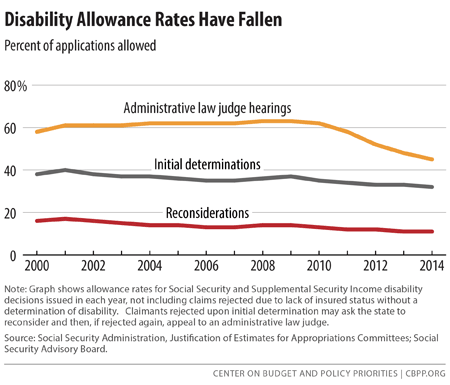In an unprecedented action by the SSA, approximately 1500 SSDI beneficiaries in Kentucky and West Virginia received notices this summer stating that their benefits could be discontinued. RamosLaw has joined the National Organization of Social Security Claimant's Representatives (NOSSCR) and the Appalachian Research and Legal Defense Fund (AppalReD) in providing Pro-Bono representation to some of these individuals.
Government officials have requested that benefits be stopped for all former clients of Eric Conn, a Kentucky lawyer who they suspect committed fraud. Many generous local attorneys
have been working tirelessly to protect these individuals’ rights and benefits,
through preliminary injunctions, wrongful death actions, motions to freeze
Conn’s assets, and pro bono representation at the Social Security ALJ hearings.
These individuals need representation to assist them in obtaining medical evidence, and to represent them before the Appeals Council or at ALJ
hearings, if needed. Since it is expected that there will be no funds available to pay
attorneys, many lawyers throughout the country have agreed to provide free legal services. To date, an army of about 100 social security disability lawyers has volunteered to help
represent the claimants at hearings or to provide training or other resources
to volunteer lawyers.
Help is still needed from attorneys. The local attorneys in Kentucky and
West Virginia anticipate that they can serve fewer than 15% of the affected
individuals. You can send an email to nosscr@nosscr.org if you are an attorney or a representative who is willing to help. If necessary, ALJs will allow lawyers to participate
in three way video conferences and lawyers might not be required to attend
hearings in person.
Social Security lawyers
and representatives are truly involved in ensuring the integrity of the Social
Security disability process. Unfortunately, some of the actions taken in these cases have been highly arbitrary and are hurting people who are completely innocent. We must
ensure that the affected individuals receive full due process from the Social Security
Administration.

